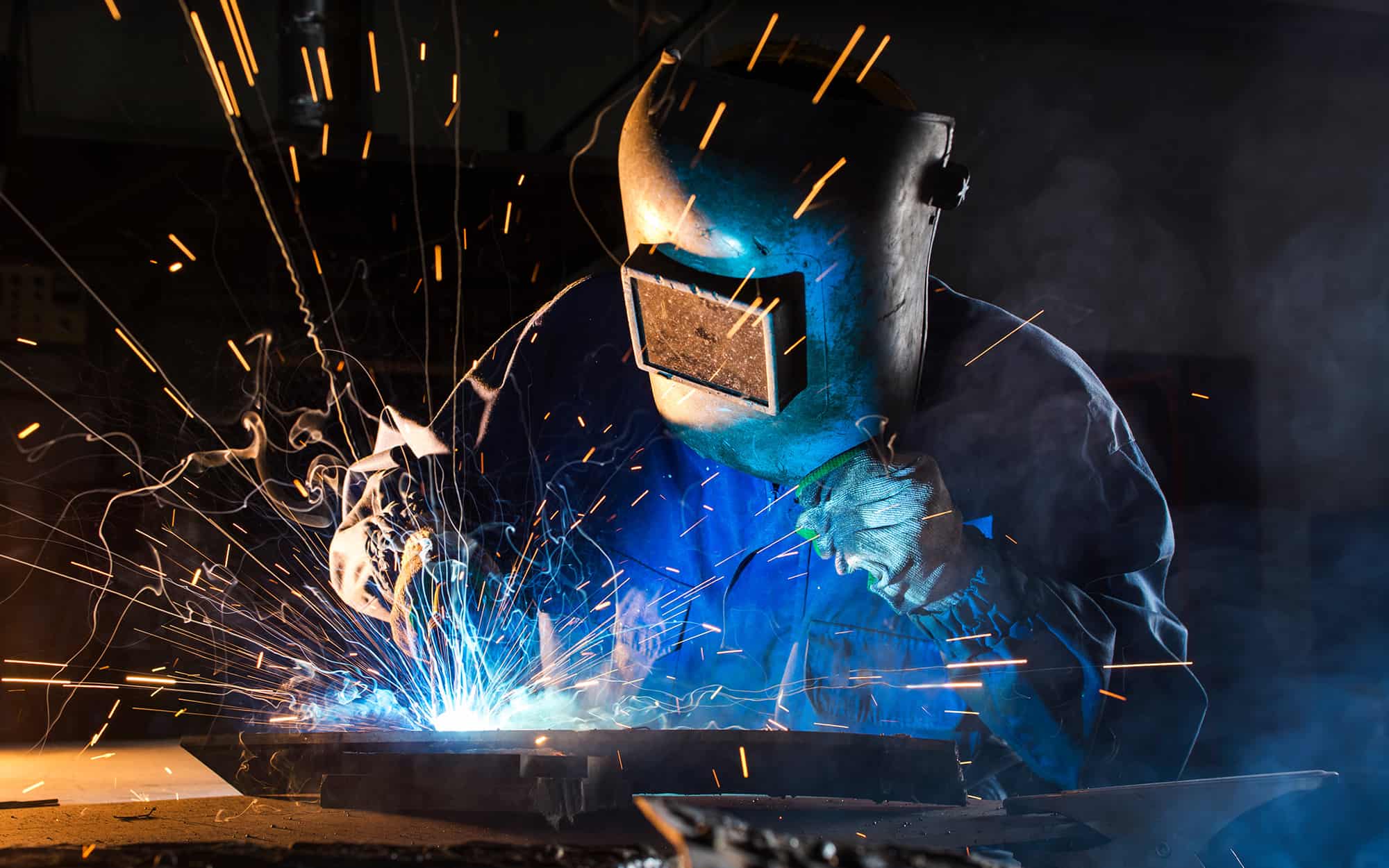Introduction:
In the realm of welding, versatility is paramount. The ability to tackle various welding processes with a single machine not only enhances efficiency but also expands the scope of projects a welder can undertake. Enter the multi-process welder, a game-changer in the welding industry. In this comprehensive guide, we delve into the intricacies of multi process welders, exploring their functionality, advantages, applications, and key considerations.
Understanding Multi-Process Welders:
A multi-process welder, as the name suggests, is a welding machine capable of performing multiple welding processes using different techniques and materials. These versatile units typically encompass three primary welding processes: MIG (Metal Inert Gas), TIG (Tungsten Inert Gas), and Stick welding, offering welders the flexibility to switch between processes seamlessly.
Key Features and Functionality:
– Process Versatility: The hallmark feature of multi-process welders is their ability to accommodate various welding techniques, making them ideal for welders of all skill levels and diverse project requirements.
– Adaptive Controls: Advanced models are equipped with intuitive controls and digital displays, allowing users to adjust settings easily for different processes and materials.
– Portability: Many multi-process welders are designed to be lightweight and portable, facilitating ease of transportation between job sites or workshops.
– Dual Voltage Capability: Some models offer dual voltage capabilities, enabling operation with both 120V and 240V power sources, further enhancing versatility.
Advantages of Multi-Process Welders:
– Space and Cost Efficiency: By consolidating multiple welding processes into a single unit, multi-process welders eliminate the need for separate machines, saving both space and cost.
– Increased Productivity: With the ability to switch between welding processes quickly, multi-process welders minimize downtime, allowing welders to complete projects more efficiently.
– Versatile Application: From automotive repair and fabrication to construction and industrial maintenance, multi-process welders find application across a wide range of industries and projects.
– Ease of Learning: For beginners, multi-process welders offer a simplified learning curve, as users can experiment with different processes without investing in multiple machines.
Applications of Multi-Process Welders:
– Automotive Repair and Fabrication: Whether repairing exhaust systems or fabricating custom parts, multi-process welders are indispensable tools in the automotive industry.
– Construction and Structural Welding: From erecting steel structures to welding reinforcement bars, multi-process welders play a vital role in construction and structural welding projects.
– Maintenance and Repair Work: In industrial settings, multi-process welders are utilized for maintenance and repair tasks, including equipment refurbishment and pipeline welding.
– DIY and Hobbyist Projects: Enthusiasts and hobbyists also benefit from the versatility of multi-process welders, using them for home improvement projects, metal art, and more.
Key Considerations When Choosing a Multi-Process Welder:
– Amperage Range: Ensure the welder’s amperage range aligns with the requirements of your projects, allowing for both light-duty and heavy-duty welding.
– Duty Cycle: Consider the welder’s duty cycle, which indicates its ability to operate continuously without overheating, particularly for prolonged welding sessions.
– Portability and Size: Evaluate the portability and size of the Welders, especially if mobility is a crucial factor for your work environment.
– Brand Reputation and Warranty: Opt for reputable brands known for quality craftsmanship and reliable customer support, and consider the warranty coverage for added peace of mind.
Conclusion:
In the dynamic world of welding, adaptability reigns supreme. Multi-process welders exemplify this ethos, offering welders a versatile solution to meet the demands of diverse projects. From their innovative features to their myriad applications, multi-process welders empower welders of all levels to unleash their creativity and productivity on the welding landscape. Whether you’re a seasoned professional or a novice enthusiast, investing in a multi-process welder opens up a world of possibilities, making it a cornerstone tool in any welding arsenal.
